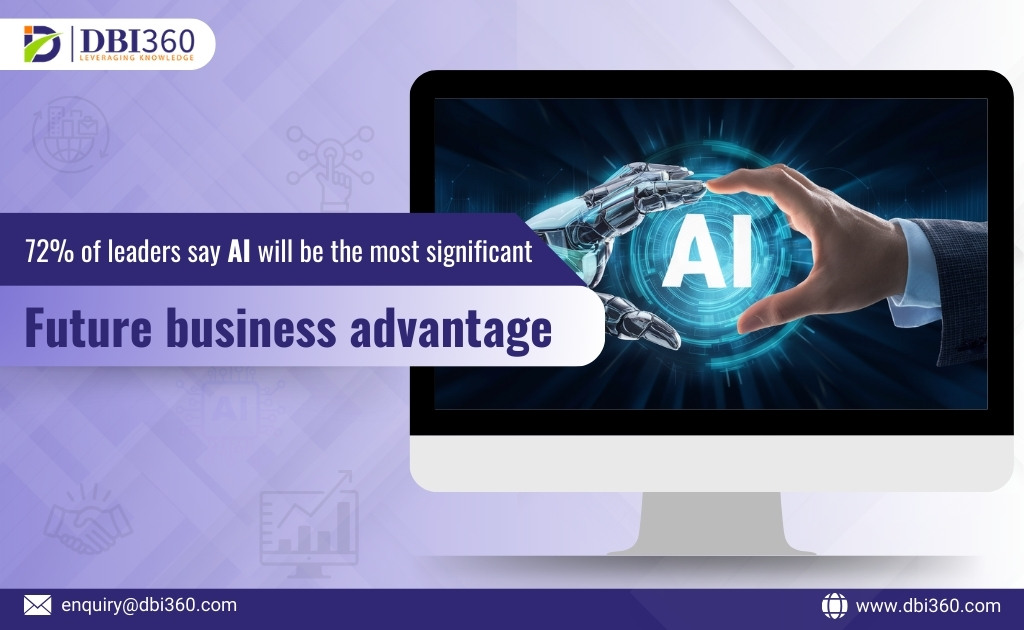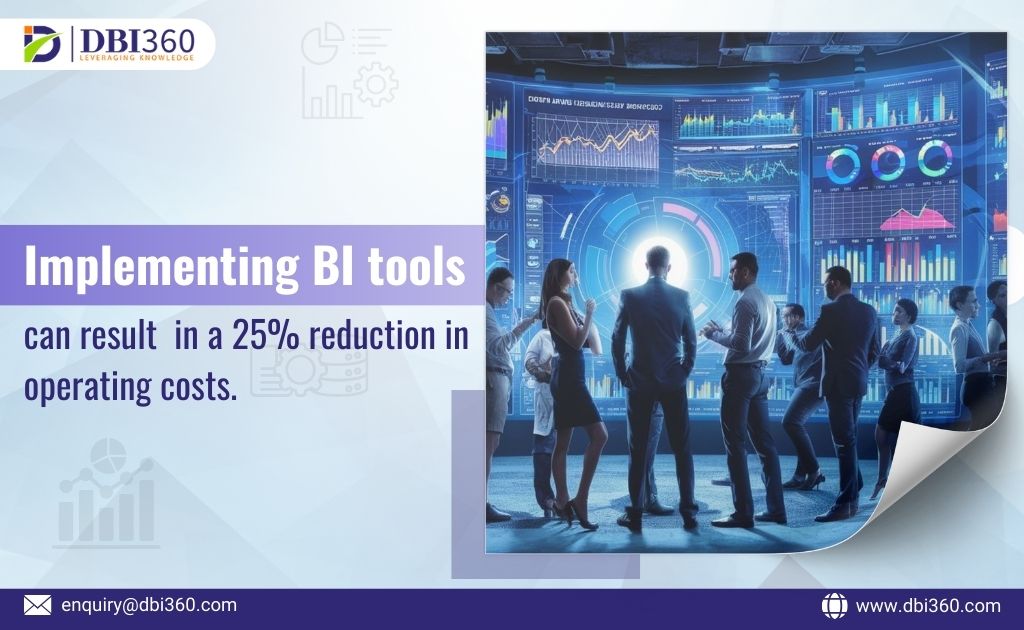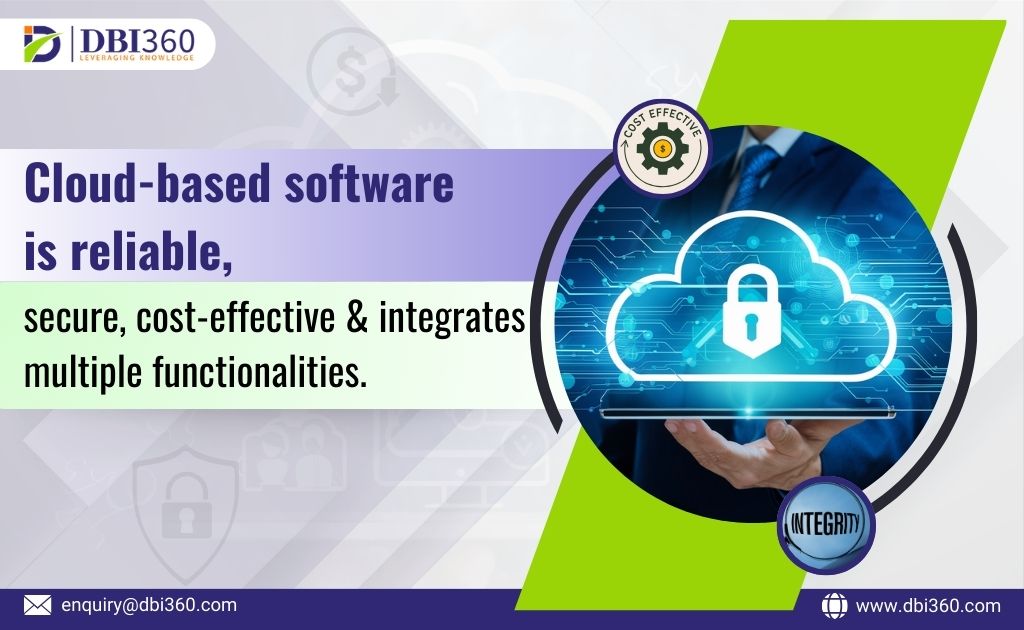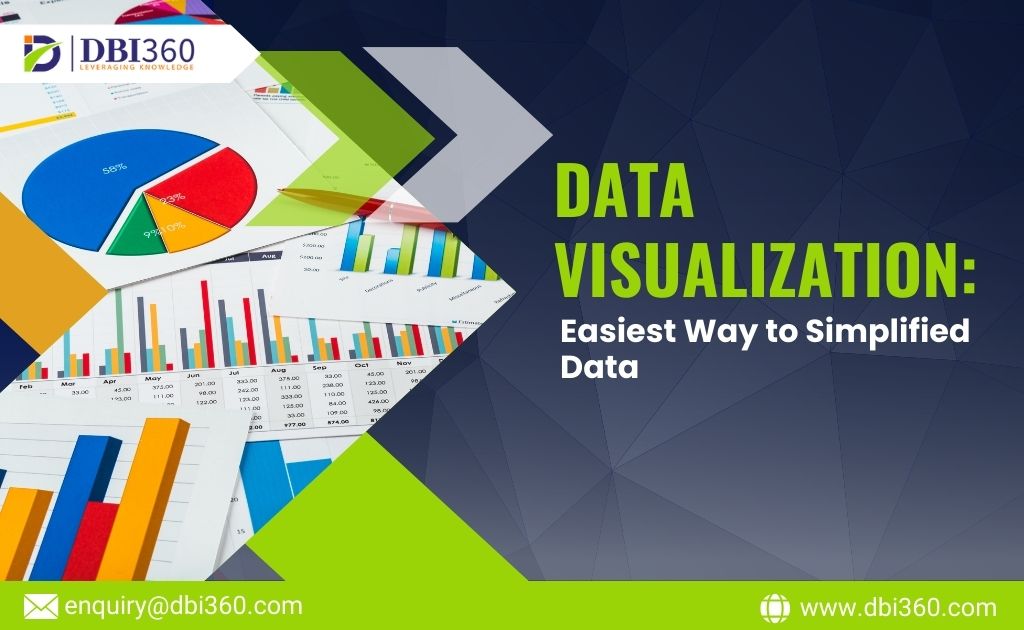In the digital age, businesses rely heavily on data to make informed decisions, gain a competitive edge, and enhance efficiency. Data integration services ensure that different systems and applications can seamlessly communicate and share information. However, the process of data integration is not without its challenges. In this article, we will explore the obstacles organizations face in data integration and effective strategies to overcome them.
Understanding Data Integration Services
Data integration combines and unifies data from various sources, such as databases, cloud platforms, APIs, and applications, to create a unified view of information. This integration facilitates data analysis, reporting, and business intelligence, enabling companies to extract valuable insights from their data.
Challenges in Data Integration Services
1. Data Complexity and Variety
One of the primary challenges in data integration services is dealing with the complexity and variety of data formats. Organizations often encounter structured and unstructured data and data in different formats like text, images, videos, and more. Integrating such diverse data sources can be time-consuming and requires robust tools and technologies.
2. Data Security and Privacy
Integrating data from multiple sources raises concerns about data security and privacy. Companies must ensure that sensitive information remains protected throughout the integration process. A data breach could lead to severe consequences, including financial loss and damage to the organization’s reputation.
3. Data Synchronization
Maintaining real-time data synchronization is crucial for accurate decision-making. When data constantly changes across multiple systems, ensuring that all data remains up-to-date and consistent can be a significant challenge.
4. Data Quality and Accuracy
Data integration can sometimes result in inconsistencies and errors, impacting the quality and accuracy of insights generated. Poor data quality can lead to flawed conclusions and misguided business decisions.
5. Integration of Legacy Systems
Many organizations still rely on legacy systems not designed to integrate seamlessly with modern applications. Integrating data from these legacy systems can be complex and require customized solutions.
6. Cost and Resource Constraints
Data integration projects can be costly, especially for smaller businesses with limited resources. Allocating budget and skilled personnel for integration initiatives may pose challenges.
7. Interoperability Issues
Different systems and applications often use disparate technologies and data standards, leading to interoperability issues during integration. Compatibility problems can hinder the smooth flow of data between systems.
Importance of Overcoming Data Integration Challenges
Addressing data integration challenges is crucial for businesses to leverage their data effectively. Overcoming these obstacles can lead to several benefits, including:
- Enhanced data accuracy and quality
- Improved decision-making processes
- Increased operational efficiency.
- Streamlined business operations.
- Better collaboration and communication across teams
Strategies for Overcoming Data Integration Challenges
To overcome the challenges in data integration services, organizations can adopt the following strategies:
1. Data Mapping and Transformation
Creating clear data mappings and transformations between different data formats can simplify integration and ensure data consistency.
2. Data Governance and Compliance
Implementing robust data governance policies and complying with data regulations can help address security and privacy concerns during integration.
3. Cloud-Based Integration Solutions
Leveraging cloud-based integration platforms can provide scalability and flexibility, making data integration more manageable.
4. Automated Integration Tools
Automated integration tools can streamline the integration process, reduce errors, and save time and effort.
5. Adopting Agile Integration Practices
Applying agile methodologies to integration projects can enhance adaptability to changing requirements and improve team collaboration.
6. Collaboration and Communication
Encouraging collaboration and communication among IT and business teams can foster a better understanding of integration needs and challenges.
7. Continuous Monitoring and Improvement
Regularly monitoring integration processes and implementing improvements based on feedback and performance analysis can lead to ongoing optimization.
Best Practices for Effective Data Integration
To ensure successful data integration, organizations should follow these best practices:
1. Understand Your Data and Business Requirements
Before embarking on any integration project, a comprehensive understanding of data sources and business objectives is essential.
2. Choose the Right Integration Approach
Selecting the appropriate integration approach based on the complexity of data and business needs can significantly impact the project’s success.
3. Implement Data Security Measures
Employ robust security measures to safeguard data during integration and prevent unauthorized access.
4. Regularly Monitor and Evaluate Integration Processes
Continuous monitoring of integration processes allows organizations to detect and address any issues promptly.
5. Training and Upskilling of Employees
Invest in training employees to handle integration tools effectively and keep them updated with the latest integration trends.
The Future of Data Integration Services
The future of data integration services looks promising, with advancements in artificial intelligence, machine learning, and automation. These technologies will further simplify data integration and improve its accuracy and speed.
Conclusion
When seeking software products, it’s crucial to choose a company specializing in the field that can cater to your unique requirements. Opting for software suites efficiently manages the challenges of data integration. At DBI360, we offer many effective business solutions designed to streamline your operations and drive growth. Our dynamic solutions cater to various departments, ensuring comprehensive organizational benefits.
Data integration services play a pivotal role in unlocking the full potential of data for businesses. Organizations can ensure seamless data integration by understanding the challenges involved and implementing effective strategies and best practices, leading to better insights and more informed decision-making.









